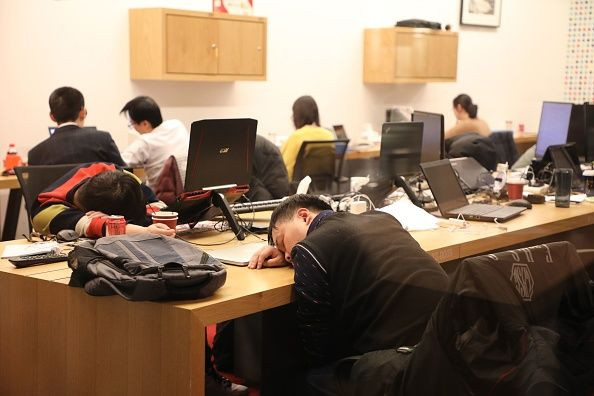Top Vitamins You Might Be Lacking If You Are Always Feeling Tired

If you always find yourself feeling sluggish and drained, even after you’ve just woken up from hours of sleep, it might be due to a lack of vitamins in your system.
When you find that coffee can no longer perk you up, you might want to talk to your physician about possible reasons. Of course, it’s not safe to simply conclude that vitamin deficiency is the cause of why you are always tired. Before you start popping pills in an attempt to boost your energy, be sure to get your doctor’s advice and take the necessary medical tests first.
For purposes of discussion, here are some of the vitamins that might be lacking in your body and causing those lethargic feelings you can’t seem to shake off.
Vitamin D
Vitamin D is not naturally produced by the body and can only be obtained by eating the right types of food, exposure to the sun, and through supplementation. It is necessary to boost energy and help muscles work efficiently. Most of the people who are vitamin D deficient are the elderly, children under 5 years old, and those with dark skin.
To address this, you can increase the amount of egg yolks, fatty fish, and fortified dairy products in your diet, or spending about 15 minutes in the sun every day, particularly in the morning. The recommended amount for supplementation to reach the recommended levels is 600 IU.
Vitamin B-12
Symptoms of Vitamin B-12 deficiency include numbness in the hands and feet, difficulty remembering things, intermittent mood swings, and lack of energy. The ideal amount that the body needs daily to fight fatigue is 2.4 micrograms. However, studies show that 15 to 40 percent of Americans are lacking this vitamin. B-12 is typically found in animal products and seafood, which is why vegans are at risk.
To address this, you can take supplements, up your consumptions of meats and dairy products, or include nutritional yeasts and fortified cereals to your diet.
Iron
An iron deficiency means that your body will be unable to make hemoglobin, which is the protein in red blood cells that distribute oxygen from the lungs to the rest of the tissues and organs. Inadequate levels of iron can lead to anemia, which can cause weakness and fatigue. Besides poor diet, other reasons for the lack of iron in the blood can be pregnancy, as women need twice its usual daily requirement, and blood loss, usually from heavy bleeding or periods.
There are other vitamins and minerals that factor into why you are always feeling tired, but these three are the most common reasons for fatigue. Again, be sure to consult with your physician so he or she can provide the right intervention and prescribe correct supplements to address the problem.
© Copyright IBTimes 2025. All rights reserved.





















